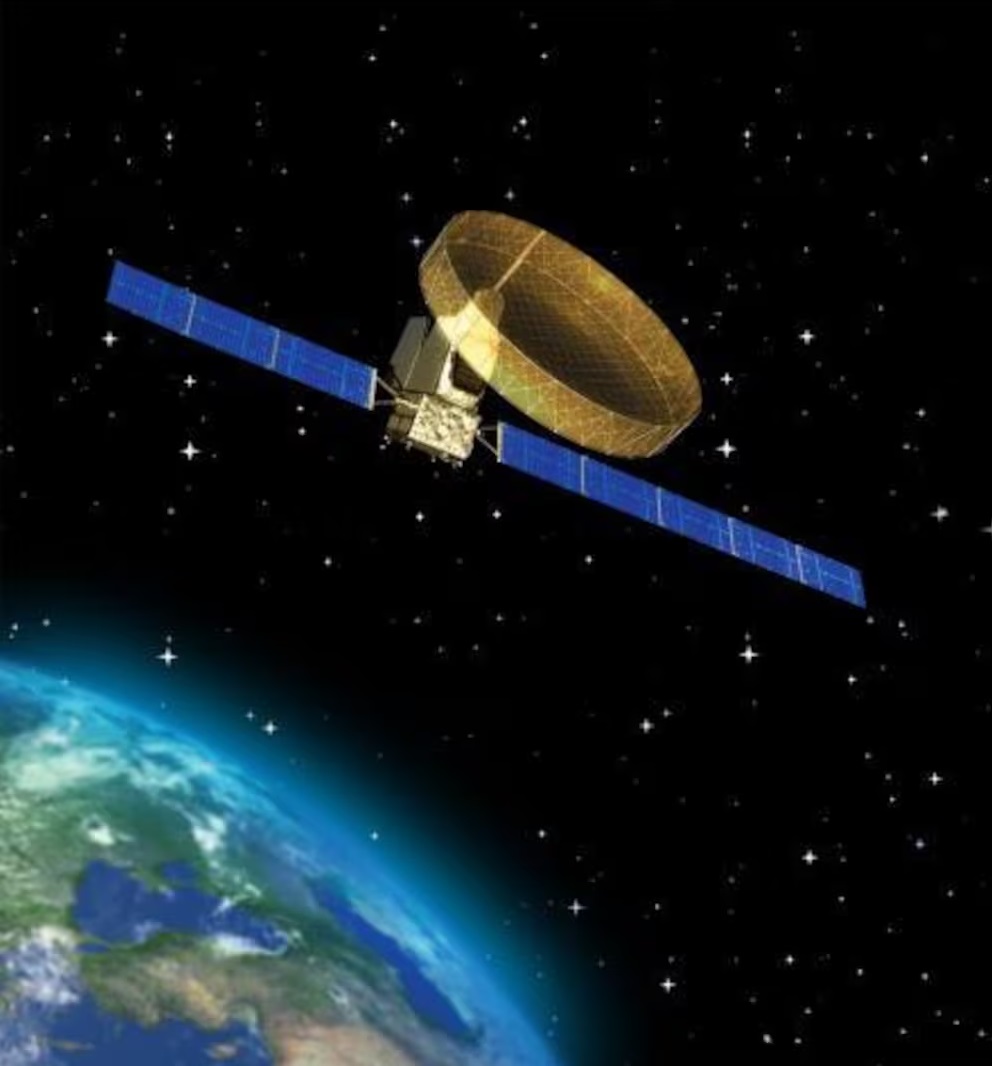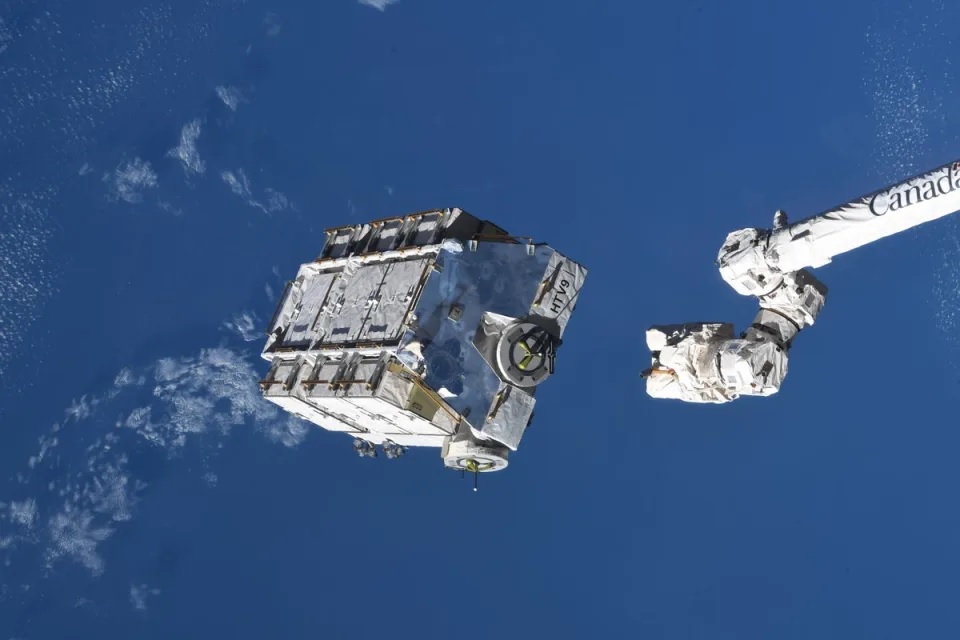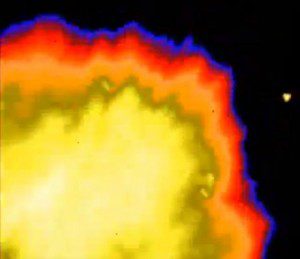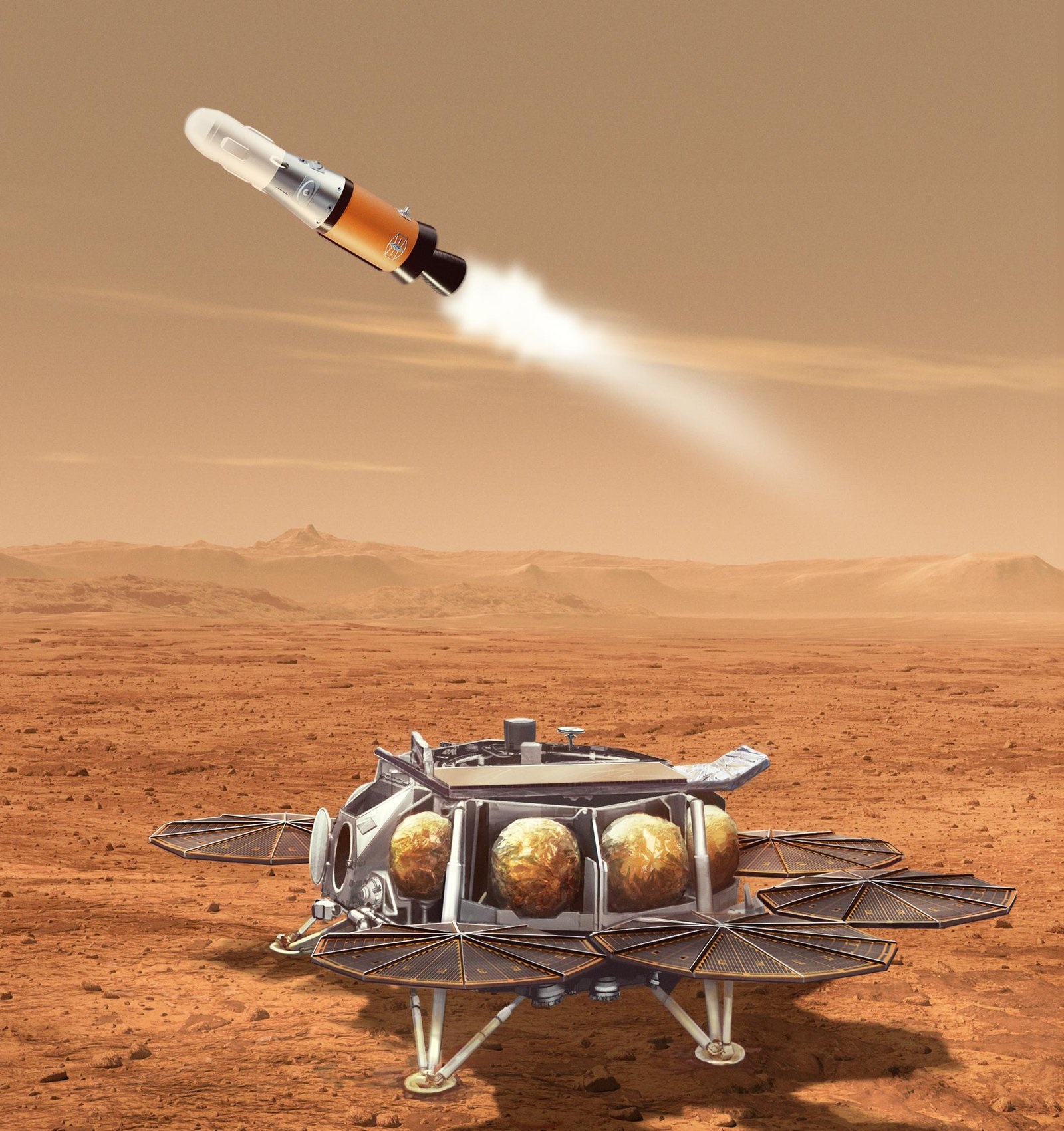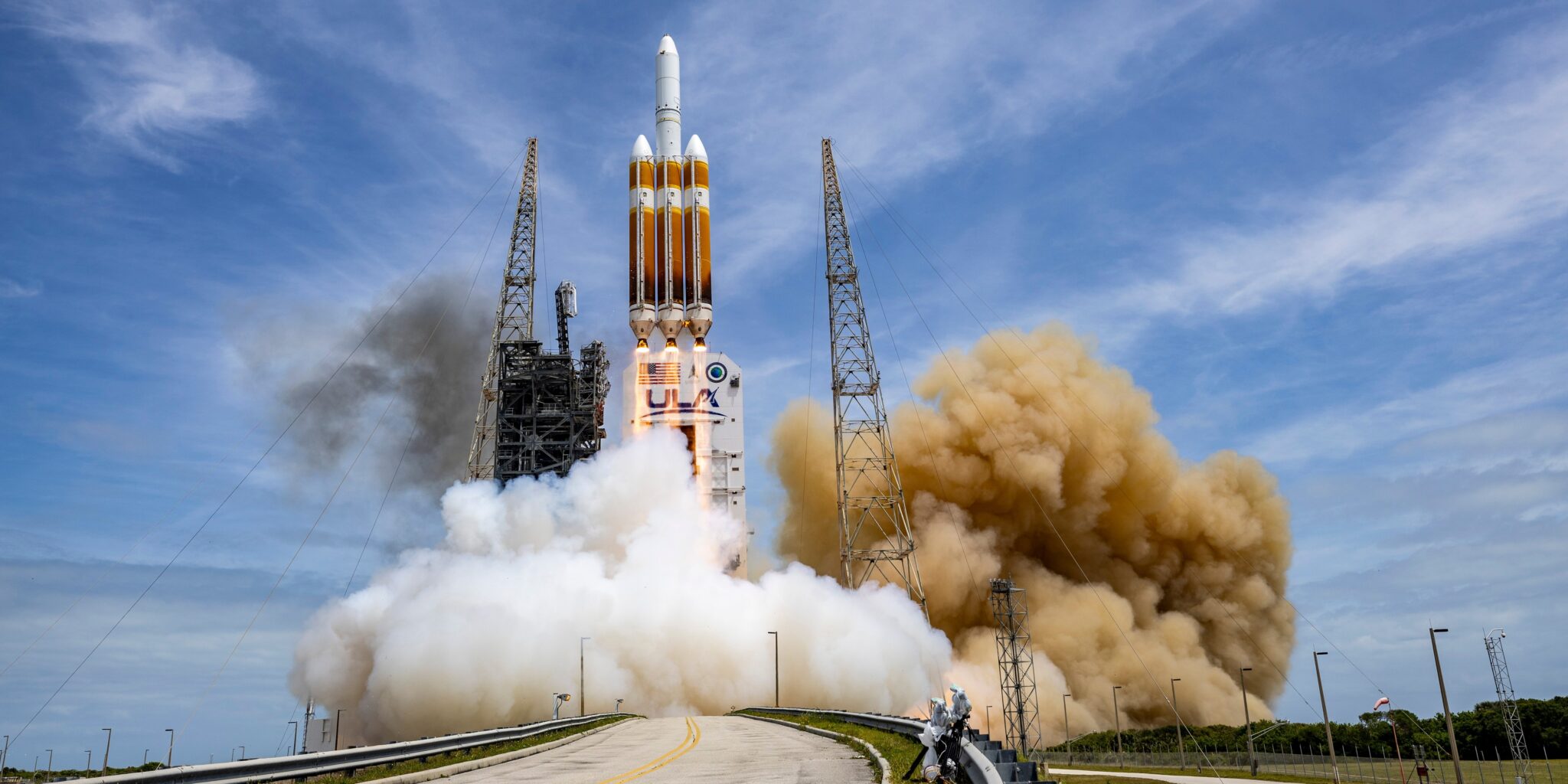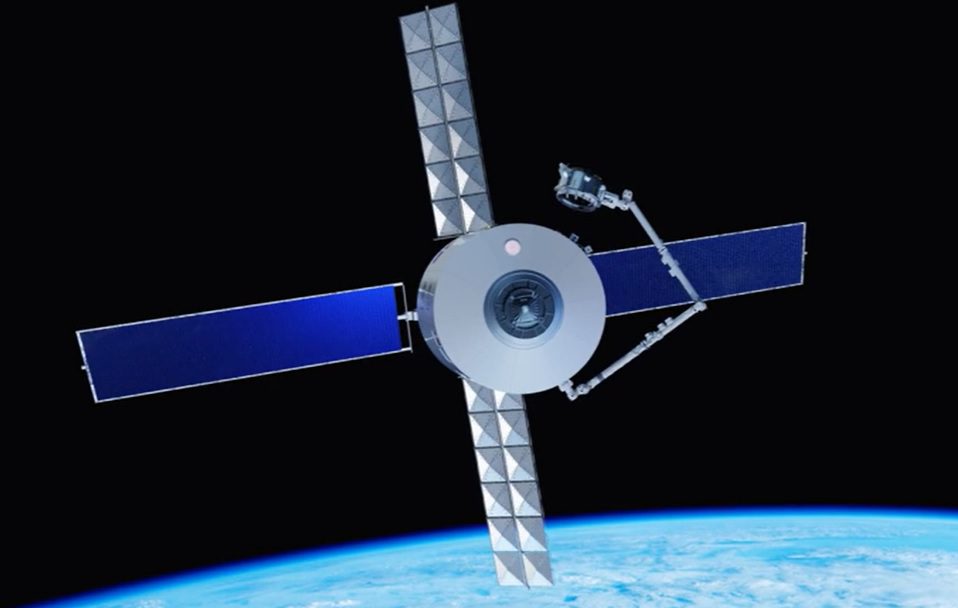After the failure of its maiden launch, Rocket Lab’s Electron light launch vehicle has successfully reached orbit for the first time. The rocket lifted-off from its launch site on the Mahia Peninsula, New Zealand, at 0143 GMT. It was carrying three commercial satellite payloads: a Dove Pioneer spacecraft for Planet and two Lemur-2 spacecraft for Spire Inc. Rocket Lab has been trying to conduct this second launch since November 2017, but weather and some technical issues caused multiple delays including one launch abort. The flight was also notable as it test flew a new multiple burn capable “kick stage”, which uses a restartable “Curie” engine. This, in effect, allows spacecraft to be “dropped off” in different orbits.
Two other payloads have also been tracked by US Strategic Command (US Stratcom). “Still Testing” is thought to be an instrumented dummy attached to the Electron second stage. Humanity Star 2 is a highly reflective “disco ball” – a 65-side polyhedron of 1m diameter designed to rotate and reflect sunlight as it does so, so that it can be spotted from Earth.
Dove Pioneer was released from the second stage in an orbit of 533 x 288 km at 82.9 degrees inclination as was the Bright Star 2 reflective ball. The additional kick stage engine separated, and fired its engine to place the two Spire Lemur-2 nanosatellites into their near circular orbit at circa 533 x 497 km at 82.9 degrees inclination.
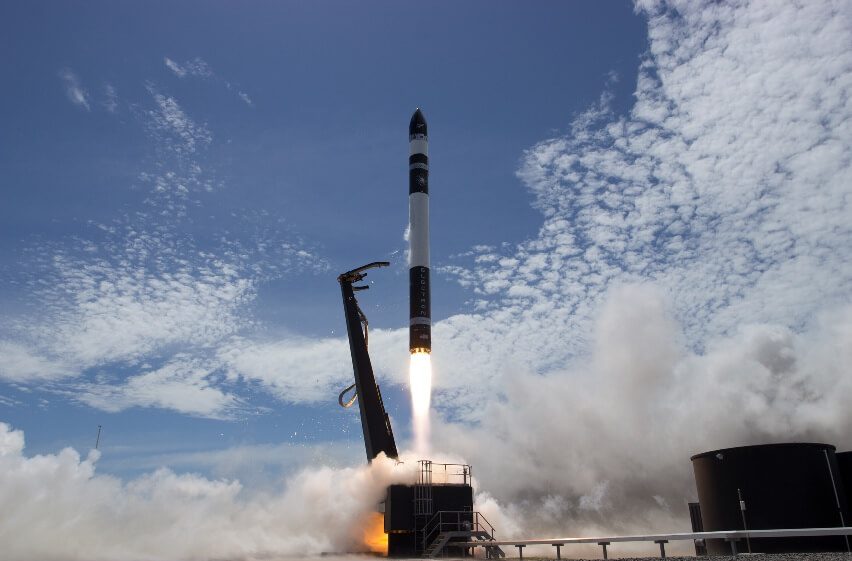
The second Electron vehicle lifts-off from the Mahia Peninsula. Courtesy of Rocket Lab
With its liquid oxygen/kerosene burning first and second stages which use electric pump technology, and new liquid fuel kickstage, the Electron rocket is among a new generation of small launch vehicles specifically aimed at providing dedicated launches to the growing cubesat market. Rocket Lab has said it will be charging US$4.9 million for an Electron flight. This very competitive launch cost along with its promise of being more able to specify the target orbit – something that the traditional piggy-backing rideshare on larger rockets can rarely achieve – is designed to appeal to the many new space companies with plans for satellite constellations comprising hundreds of cubesats.

